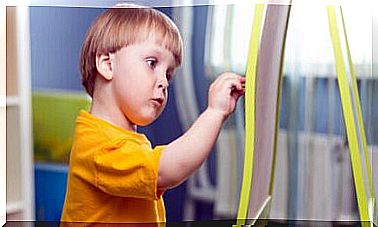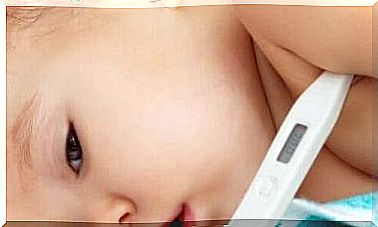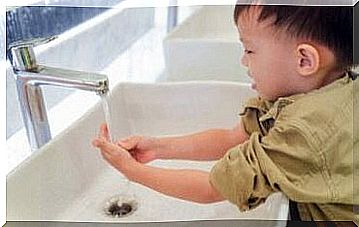Self-criticism And Shame In Adolescents – Being Parents

Acknowledging mistakes and failures is not a common habit. In most cases, people focus on talking about their accomplishments and virtues, not recognizing areas for improvement. However, we are always open to self-criticism. This self-criticism is not something negative, quite the contrary.
In general, it is difficult to find a balance between the positive and the negative. Especially when it comes to making judgments about ourselves. In adolescence, it can be even more complicated.
It is easier to see the faults of others than our own. This means that it is easier for us to criticize other people than to assess ourselves and recognize what we should improve on and why.

How is the identity of the adolescent affected by this self-criticism?
Identity is in the process of forming, so the ups and downs are normal and necessary. To do this, it is necessary to initiate them into self-criticism. Although at first they produce a certain shame.
Healthy self-criticism will allow them to assess themselves and become strong, healthy people. Of course, this goal does not happen overnight. They will therefore need guidance and your support until they learn to balance their judgments and opinions, especially towards them.
Excessive self-criticism can generate perfectionism and also low self-esteem. Teens who are overly critical of themselves may end up thinking that they are not as good as others, that they will fail in everything, etc.
A word for parents
Shyness is one of the most common feelings or situations that your teenagers may experience.
Many adolescents do not dare to speak in front of other young people or adults. They don’t participate in the activities of other people their age and even talking on the phone can be a big challenge for them, even asking someone for an address on the street.
When they can’t find a way to fit in, they can start to be very reserved and isolate themselves in their room because they feel they shouldn’t be exposed, and they are afraid or ashamed that others will. see or find out by doing an activity. Inevitably, they pay close attention to what they are going to say.
Another situation is that this feeling of shame and excessive self-criticism can cause them to fail in their studies. They might be brilliant teens, but by being so meticulous with their studies and schoolwork you can create an imbalance that can overwhelm them.
How can parents help?
One of the first things parents can do to ensure that excessive self-criticism and shame does not sink their child is:
- Acknowledge the situation. Do not approach the problem with the justification that “it will pass”. Make an effort to ensure that this situation your child is facing does not become a wall or an obstacle in their family or school relationship.
- Avoid overprotection. This can hamper their social development.
- Learn to listen to your child. Let him share what he is feeling and don’t minimize it. What for adults may be trivial, can be a big deal for your teenager.
- Be positive. Keep a relaxed atmosphere in your family so that daily tensions do not put an additional burden.
- Invest in quality time and engage in family activities. Remember that your child is creating their own identity. At some point, your child will have to deal with his self-criticism. As parents, we need to give them the necessary advice in a balanced way.
How do you deal with self-criticism if you are a teenager?
As adolescence is an essential stage in your personal development, it is important that you pay particular attention to these tips:

1. Learn to listen
It may seem unfounded, but one of the things that embarrasses teens is not knowing what to say.
If you pause and meditate on the topic of the conversation or the question being asked, you can respond easily and even if you don’t know anything about the topic, you can ask “What do you mean?”
After all, who does not ask, does not resolve his doubts. And although you can consult it on your own, on the Internet, the healthiest thing is to ask and have relationships with others.
2. Recognize the problem
The problem exists and its ignorance will not make it go away. Therefore, the best is to recognize it and find the solution. Talk to someone you trust and express your ideas, that person could help you find the tools you need to feel better and overcome the situation.
3. Avoid isolating yourself and defending your opinion
If you don’t agree with something, express it calmly. You don’t have to stop it or crush others, even if they’re wrong. On the other hand, you don’t have to let it be said all about yourself to try to please.
Try to be balanced. Don’t look down on others. Everyone has their bright side and their shadows. Even you. In short, we’re all in shades of gray, so you don’t have to go to extremes.
As you approach adulthood, you will have more courage to face other situations. And if you realize that your training is balanced as a teenager, self-criticism won’t be a major problem.
Over time, you will get a solid identity that will help you feel comfortable and confident. Hence, you can build healthy relationships and quality personal relationships.









